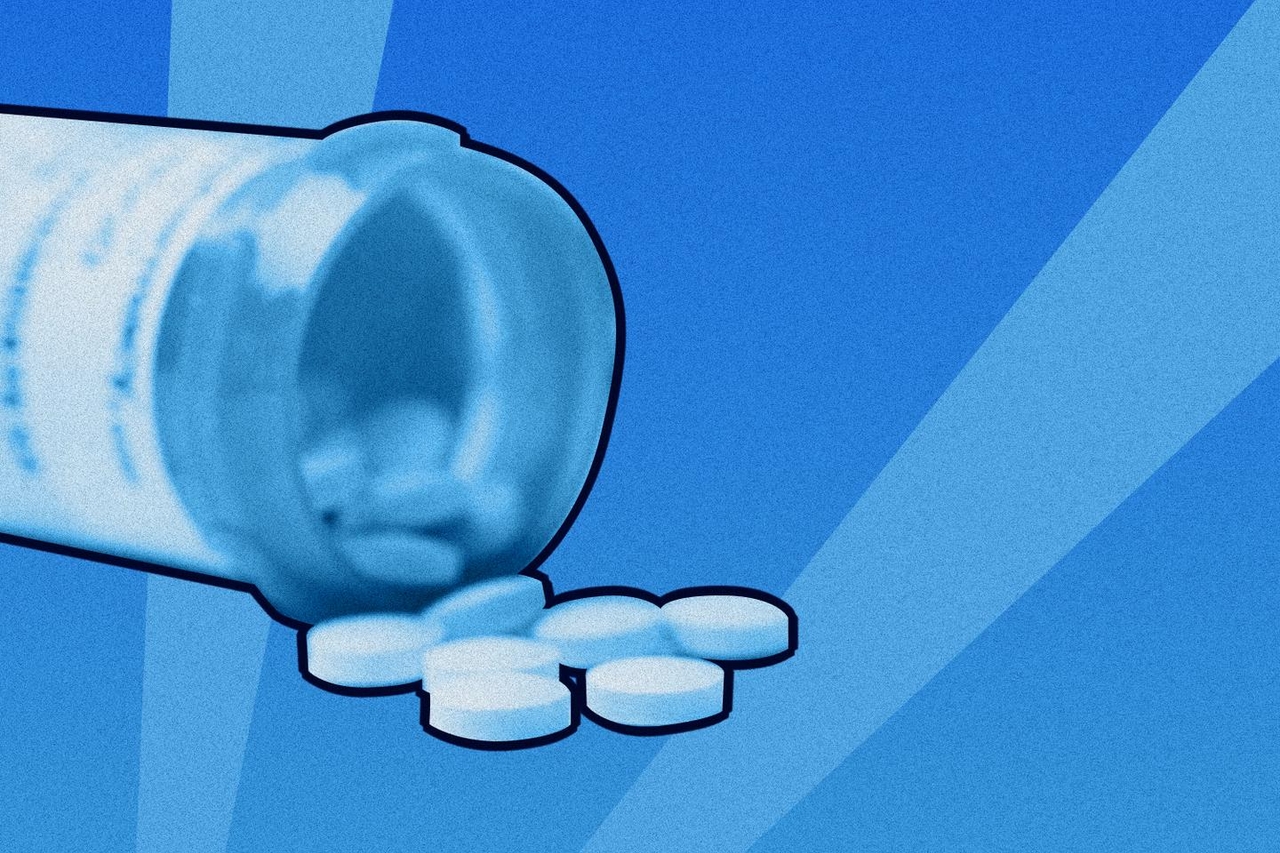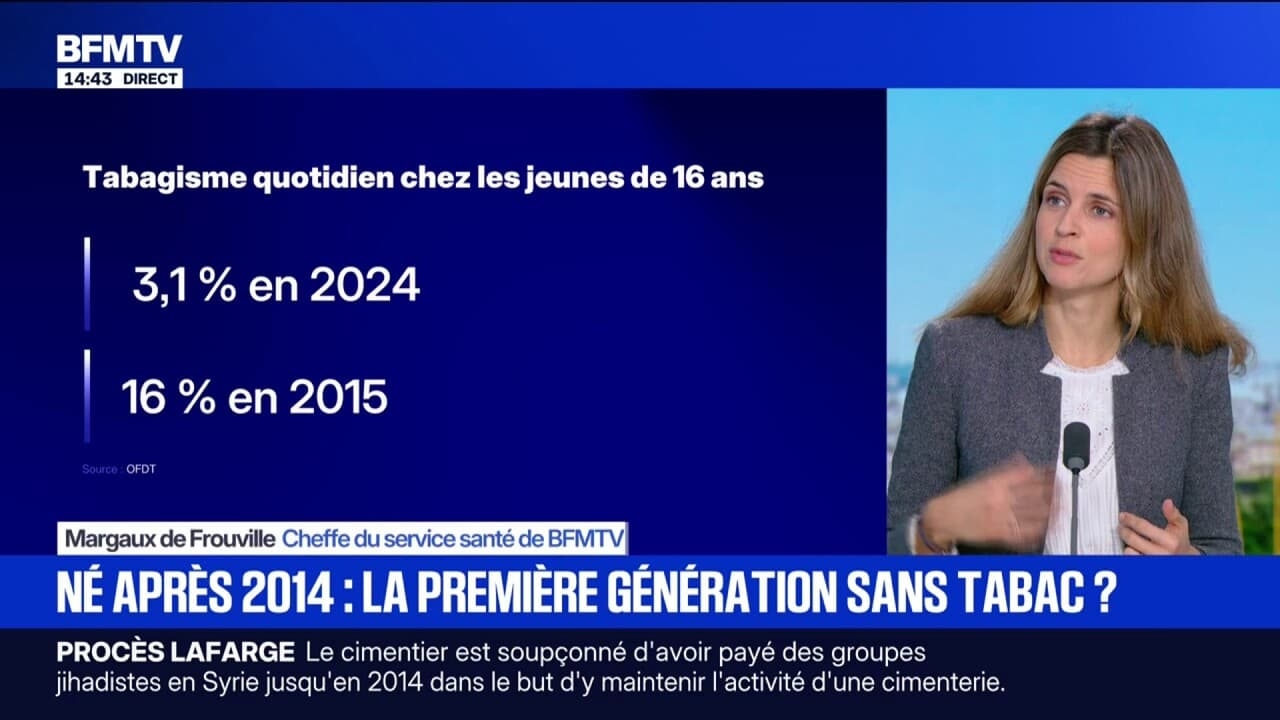François Braun, former Minister of Health: "A new health democracy and funding tailored to needs are essential."

As every year, the debates surrounding the Social Security financing bill should be an opportunity to analyze the shortcomings of our healthcare system and to propose comprehensive and structural solutions rather than sectoral and short-term measures. Unfortunately, we are witnessing once again the exacerbated corporatism of an ecosystem where everyone defends their own turf, and the populism of those who, rather than addressing the fundamental issues, prefer to highlight the cost of hospital parking.
Built in the early 1960s, our healthcare system, centered on care, is no longer suited to the changes of recent decades, which were poorly anticipated by both policymakers and public health stakeholders as a whole. Today, we must confront a multifaceted transition. Firstly, this transition is demographic, with an increase in the number of elderly people, some of whom are dependent. Secondly, it is epidemiological, with the rise in chronic illnesses, diseases linked to pollution and climate change, and the explosion of mental health disorders among young people.
We should also emphasize the importance of the technological transition, with advances in research and the emergence of artificial intelligence in the field of health, and, finally, of a profound social transformation, from which health professionals are not excluded, and which involves a profound change in our relationship to work, an ever-increasing desire for "immediacy" in responses, as well as a better recognition of women's pathologies.
Territorialization of healthWhile the "scissors effect" between increased demand for healthcare and dwindling supply is endlessly repeated, settling for this binary view of the situation will undoubtedly lead us to disaster. It is now illusory to try to solve the problems of access to care, healthcare financing, and public dissatisfaction without a profound reform based on a genuine paradigm shift, which alone will allow us to preserve our social system. This essential break requires a new doctrine, an adapted structure, a renewed health democracy, and funding tailored to needs.
You have 62.82% of this article left to read. The rest is for subscribers only.
lemonde




